10 Summer Safety Tips From Utah State Parks
Utah’s state parks are calling your name this summer, promising spectacular landscapes and epic outdoor delights. But before you dive head-first into the excitement, let’s make sure you’re all set for a safe and memorable experience. Whether you are hitting the trails, riding the waves, or soaking up the sun, we’ve got ten essential summer safety tips to keep you in the know.
First, here are some general safety tips you should always follow, regardless of the season:
- Before heading out on your adventure, be sure to inform a trusted person about your destination and estimated return time. It’s always a good idea to have someone aware of your location in case of an emergency.
- Avoid going solo. Bring a friend or family member along when exploring. Having a companion adds to the fun and also provides an extra layer of safety.
- Before hitting the road, check the weather forecast and current park conditions. Be aware of any boat ramp closures, fire restrictions, or other relevant updates that may impact your visit.
- Bring an emergency kit that includes the essentials for handling minor injuries. Familiarize yourself with its contents beforehand and consider adding any additional essential items you think might come in handy, like sunscreen and bug repellant.
- Bring your cell phone and consider carrying a radio or other communication devices that can help you reach out for assistance in case of an emergency. Staying connected is vital in critical situations.
1. Wear a Life Jacket: Wear a properly-fitted life jacket for water-related activities such as boating, paddleboarding, kayaking, waterskiing, etc. Utah Law requires that all boats have at least one wearable U.S. Coast Guard-approved life jacket for each person on board. Passengers 12 years old and younger must wear a properly sized Coast Guard-approved life jacket whenever a boat is in operation. Find more life jacket information here.
2. Practice Boating Safety: If you plan to enjoy Utah’s beautiful lakes and reservoirs, familiarize yourself with the Rules and Regulations. Follow speed limits, be aware of other watercraft, check water levels and underwater hazards before engaging in water activities, and avoid alcohol consumption while operating a boat. Remember, boating under the influence of drugs or alcohol is as risky as driving impaired. The penalties are similar: suspended driver’s license, possible jail time, and fines. Always designate a sober driver to ensure safety on the water. For more boating safety tips from our friends at the Utah Division of Outdoor Recreation, click here.
3. Stay Vigilant to Changing Conditions: While enjoying water activities, keep a close eye on the weather conditions. Storms can roll in unexpectedly and conditions may change rapidly. Watch for signs of approaching storms, such as darkening skies or sudden shifts in wind patterns. If you see signs of an approaching storm, it’s best to err on the side of caution and return to shore. Prioritize your safety and seek shelter until conditions improve.
4. Gear Up with a Helmet: Always wear a helmet when riding off-highway vehicles (OHVs). Helmets are mandatory for riders under 18 years of age on public land. We strongly recommend that everyone, regardless of age, wears a helmet for their safety. A helmet can be a lifesaver, protecting your head from potential injuries. Helmets, when worn correctly, won’t hinder your vision or hearing, and they even help reduce windblasts. Be sure to familiarize yourself with Utah’s OHV Laws and Rules before you hit the trail.
And . . . helmets aren’t just for when you’re riding OHVs! If you’re mountain biking, rock climbing, or engaging in other adrenaline-pumping activities, wearing a helmet is always a good idea.
5. Stay Informed about Flash Floods and Swift Water: Utah’s waterways are at extremely high levels due to the significant snowfall we received. Please exercise caution near rivers, streams, or any swift-moving water.
Flash floods can occur suddenly and without warning, particularly in areas with steep terrain, narrow canyons, or dry stream beds. Some state parks, such as Snow Canyon State Park, Goblin Valley State Park, Utahraptor State Park, and Gunlock State Park, have experienced flash flooding in recent years, along with their surrounding areas.
Avoid hiking in narrow canyons during rainy periods and always pay attention to any warnings or advisories issued. Stay vigilant, be aware of your surroundings, and take immediate action if necessary. If you find yourself in a dangerous situation, seek higher ground as quickly as possible. Don’t wait for the water to reach you, as flash floods can occur rapidly. Avoid hiking or camping in areas prone to flash floods and never attempt to cross a flooded or swiftly moving area. Be mindful that waterways may be deeper than usual, and debris may be present due to extreme runoff. For more information and additional flash flood safety tips, click here.
6. Protect Yourself from the Sun: Utah summers can be scorchers, so it’s important to protect yourself from the sun and stay hydrated. Wear sunscreen with a high SPF, a wide-brimmed hat, lightweight and breathable clothing, and sunglasses. Carry plenty of water and take frequent breaks in shaded areas to avoid heat-related illnesses. If you experience any of these symptoms it is crucial that you drink plenty of water, get out of the sun, and get adequate rest:
- Thirst
- Dry Mouth / Skin
- Sleepiness
- Irritability
- Weakness
- Dizziness
- Headache
- Less-frequent Urination
- Increased Heart Rate
Click here for more tips on staying safe in the heat.
7. Practice Campfire Safety: Did you know that properly controlling and extinguishing campfires could prevent up to 28% of Utah’s wildfires? Before you start that crackling fire, be sure to check and follow any fire restrictions. When it’s time to put the fire out, make sure it is completely out. Here are some additional fire safety tips to keep in mind:
- Never leave fires unattended.
- Keep fires contained within an approved fire pit or cleared ground (following local fire restrictions).
- Avoid starting fires on windy days.
- Keep a fire extinguisher or water nearby, just in case.
- Remember, fireworks are a no-go at Utah State Parks.
- Check out utahfiresense.org for more fire safety tips.
8. Equip Yourself for Unpredictable Weather: Utah’s weather can change quickly. Pack appropriate clothing layers to prepare for sudden temperature changes or unexpected rain showers. Carry a waterproof jacket, extra socks, and a hat to stay comfortable in various weather conditions.
9. Follow “Leave No Trace” Principles: Respect Utah’s natural beauty by practicing “Leave No Trace” principles. Pack out your trash, dispose of waste properly, and avoid disturbing flora, fauna, or historical artifacts. Following “Leave No Trace” principles is not only an ethical practice but also contributes to a safer outdoor experience. By minimizing environmental impacts, such as preserving vegetation and wildlife habitats, you reduce the risk of encountering unexpected hazards or disturbing wildlife. Leave the environment as you found it to preserve it for future generations.
10. Respect Park Rules and Regulations: Take the time to familiarize yourself with any posted signage or instructions at the park entrance or visitor center. Whether it’s guidelines about pets, trail usage, or camping regulations, make it a priority to follow the park’s rules and be a responsible visitor. By doing so, you contribute to the preservation of Utah’s state parks and help create a positive experience for everyone.
No matter what adventure you embark on this summer, your safety should always be a top priority. By following these essential safety tips, you can confidently explore the wonders of nature while minimizing risks. Remember, a little caution goes a long way. Stay safe, embrace the adventure, and enjoy the magic of Utah State Parks.
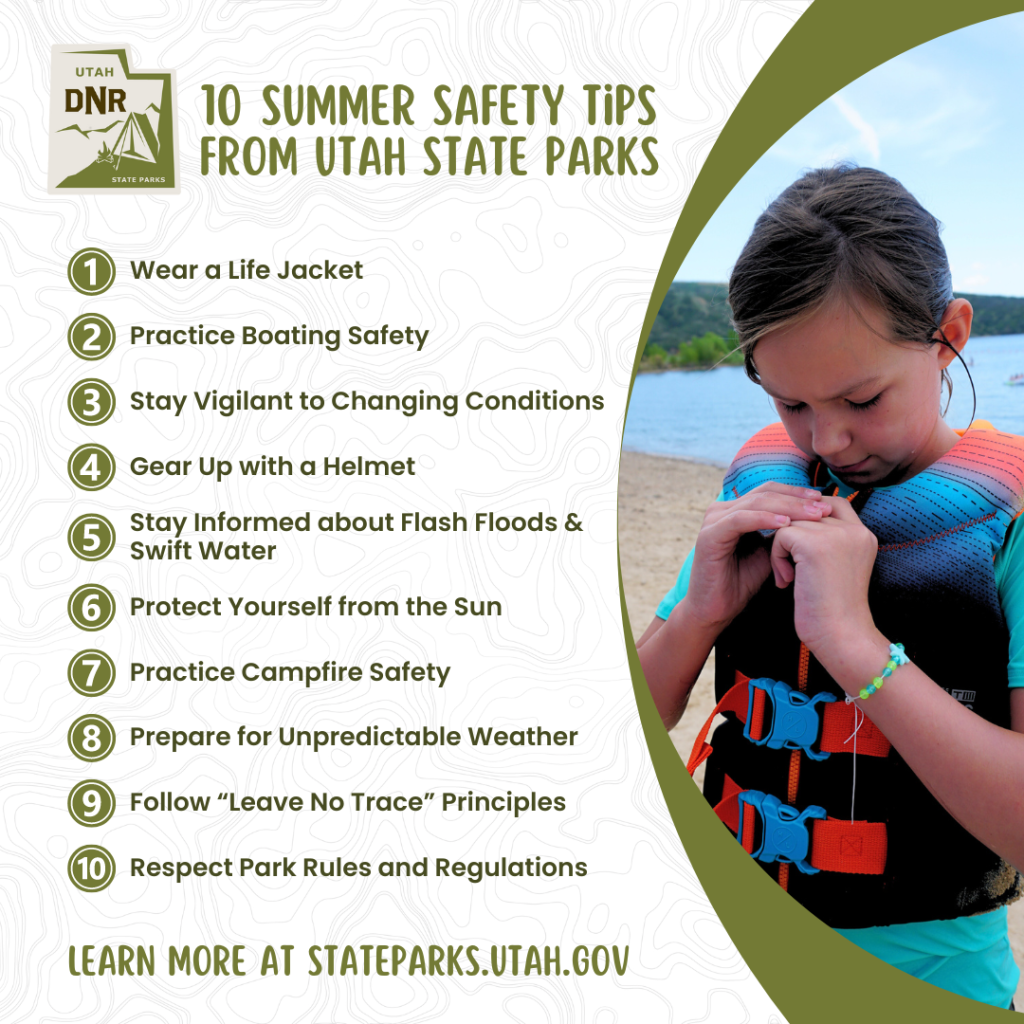
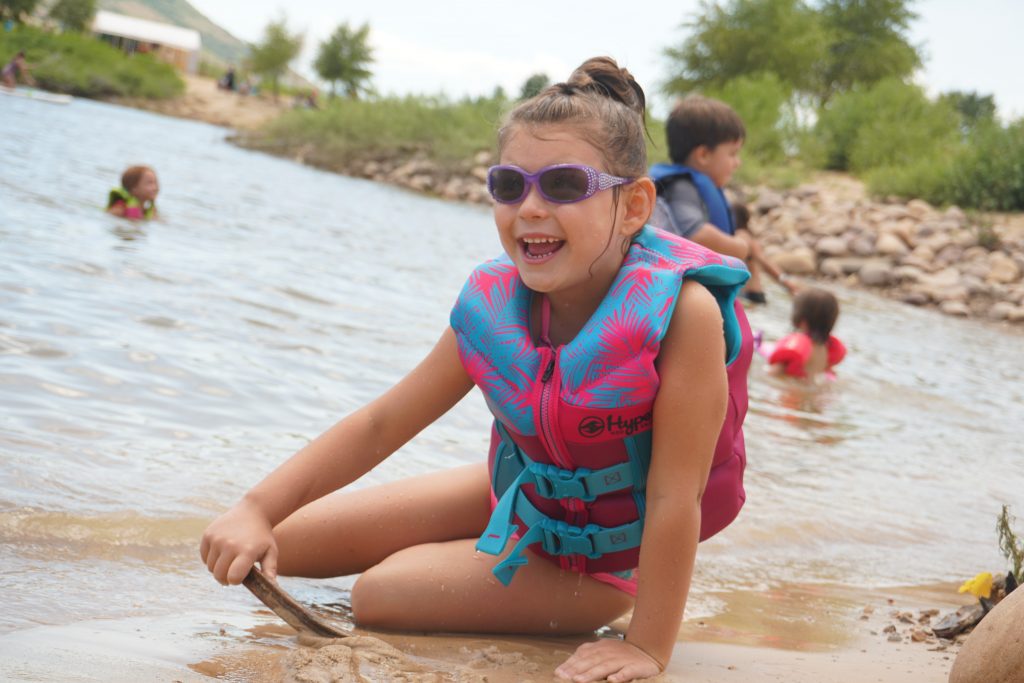
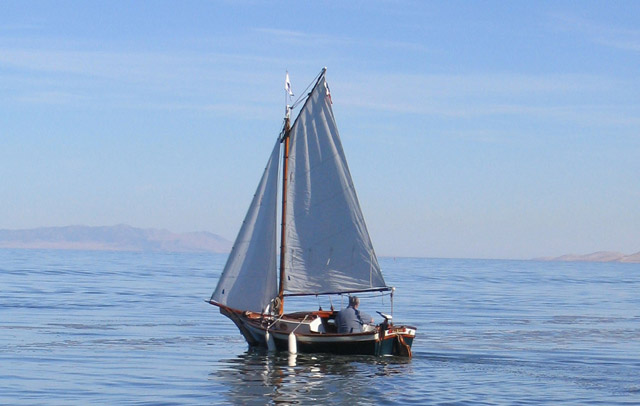
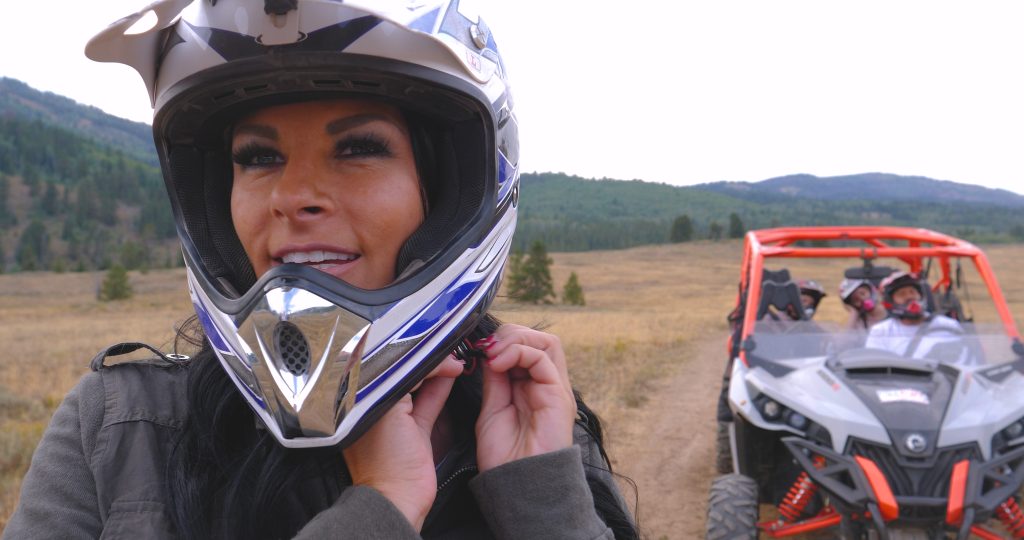
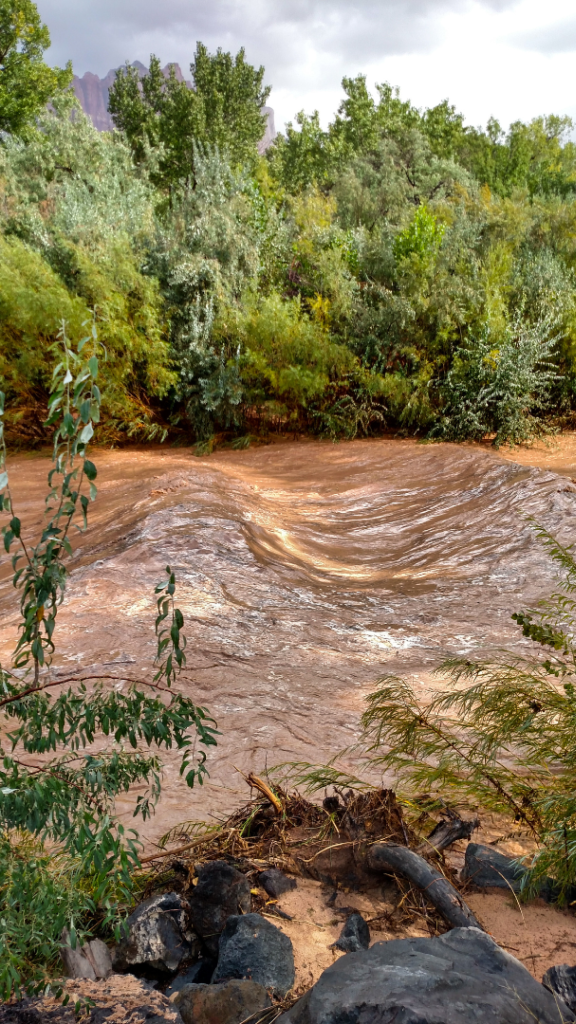
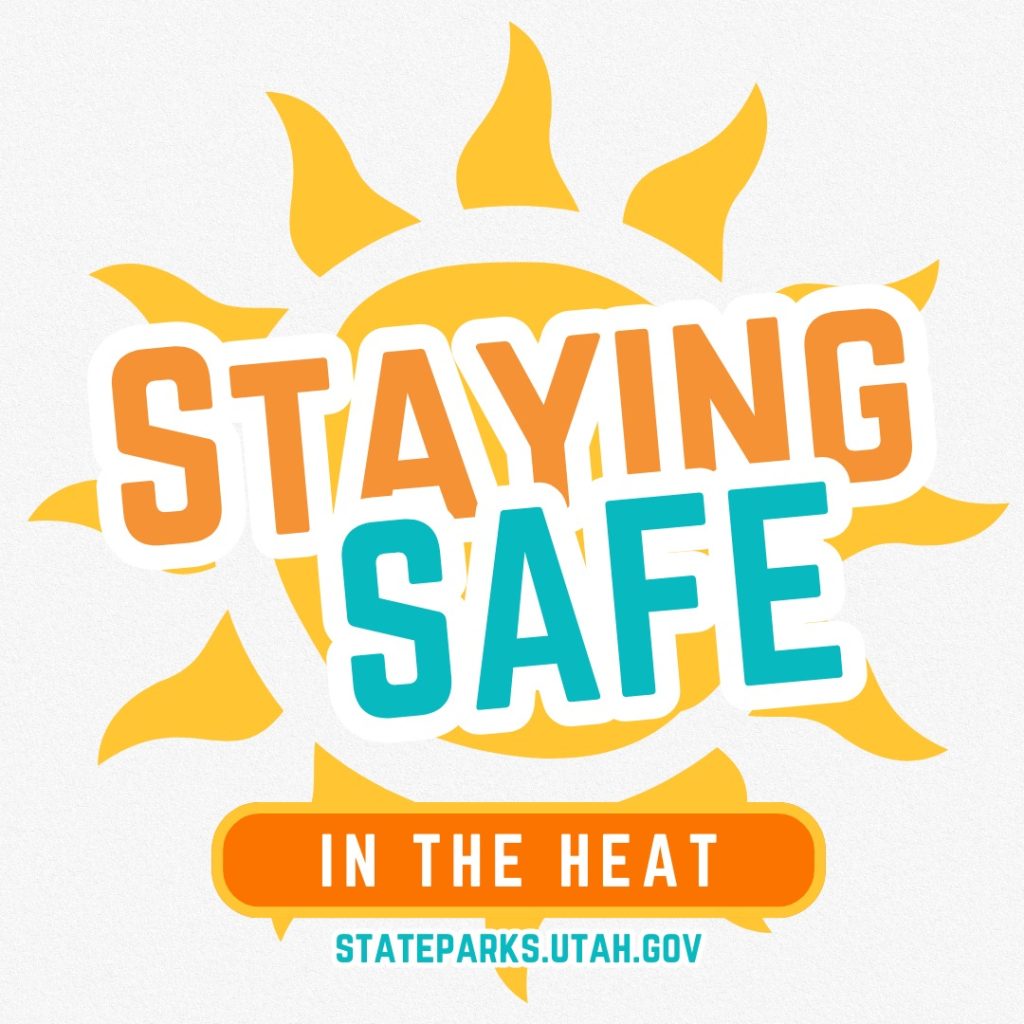
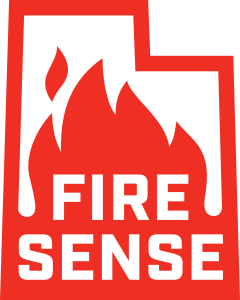
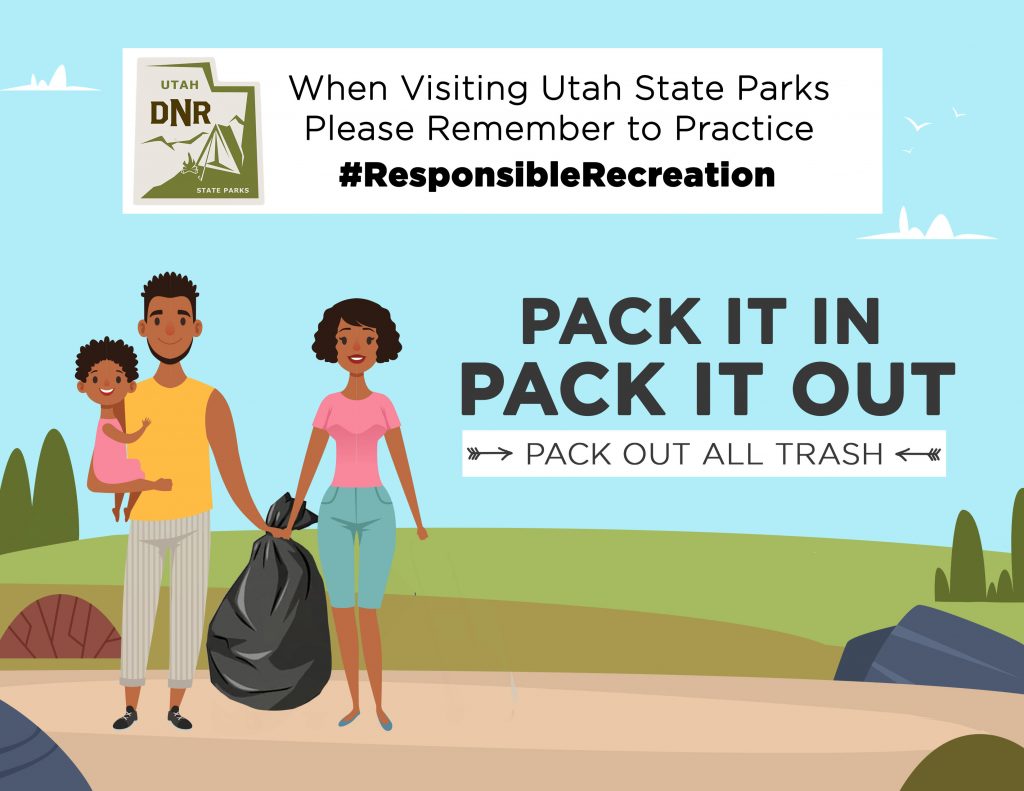
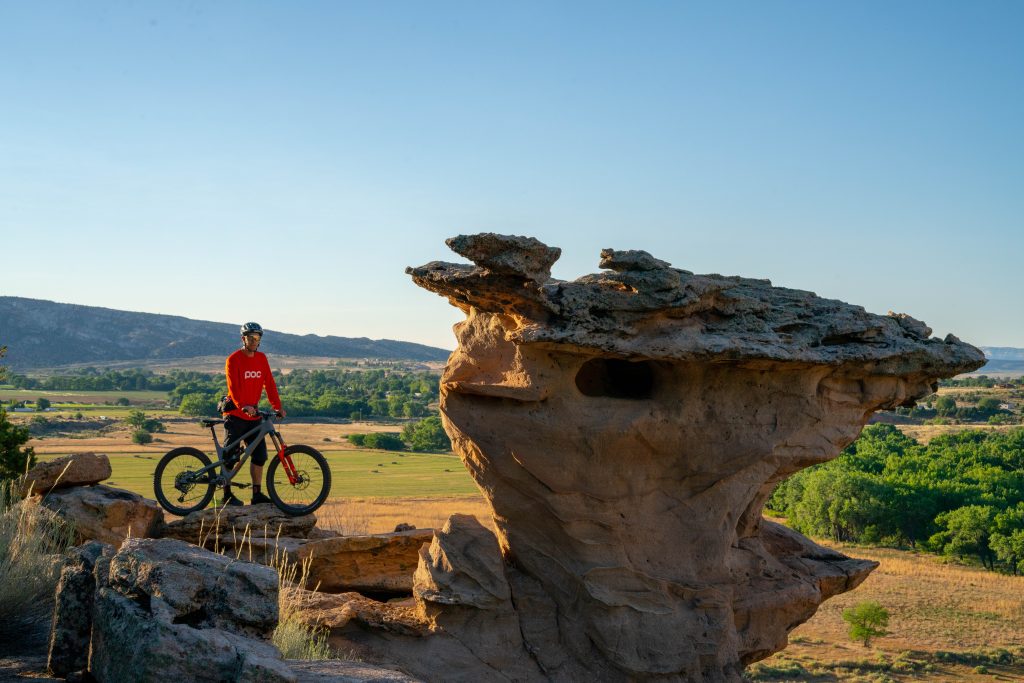
If you found this blog entry interesting, please consider sharing it through your social network.